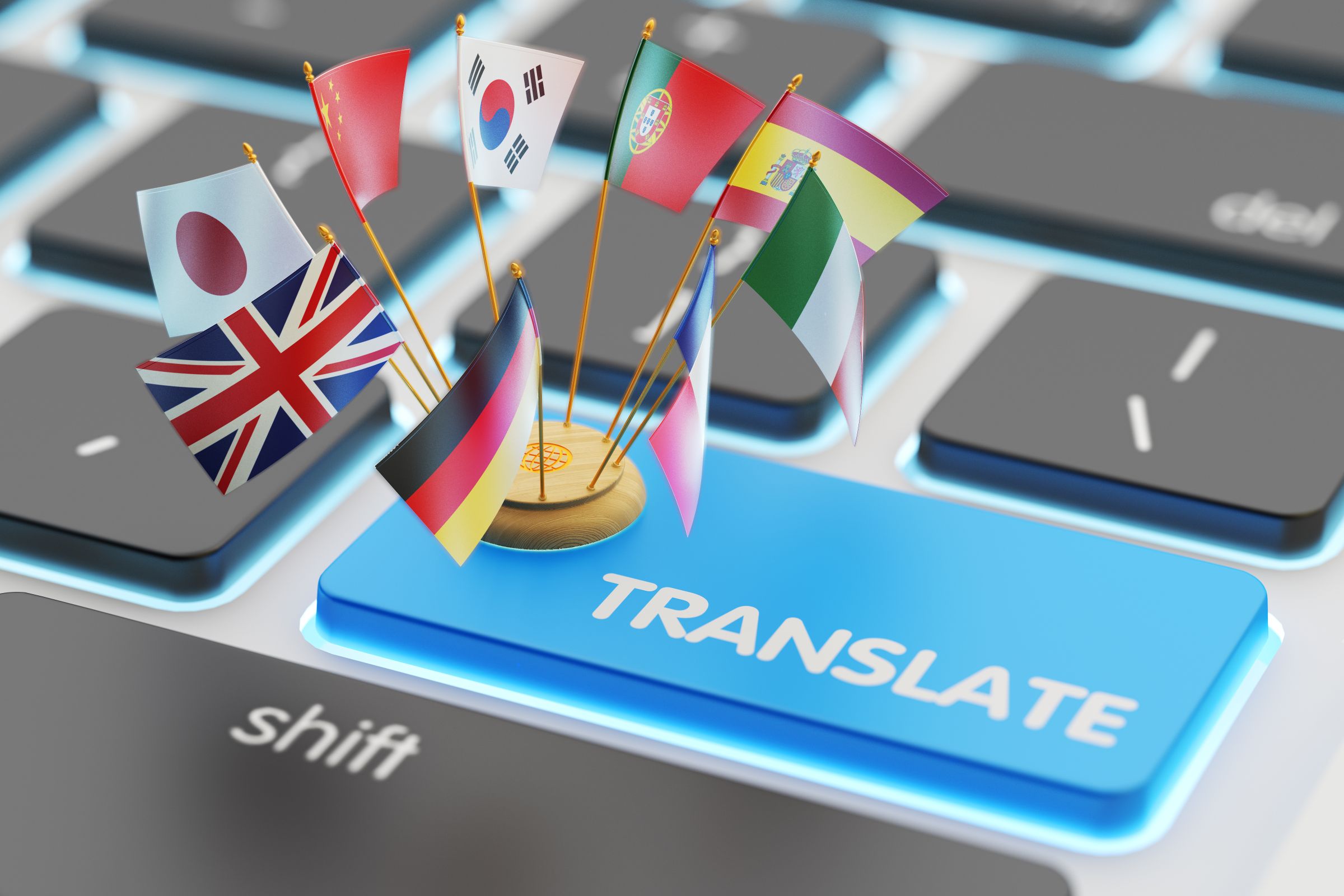Find the latest information about How To Become A Freelance Translator in this article, hopefully adding to your knowledge.

Becoming a Freelance Translator: A Guide to Success
Have you ever dreamed of exploring different cultures, languages, and perspectives through the power of words? As a freelance translator, you can translate your passion for language into a fulfilling and profitable career path.
In this comprehensive guide, we will delve into everything you need to know about becoming a freelance translator, from acquiring the necessary skills to navigating the industry and building a successful business.
A World of Words: The Allure of Freelance Translation
Freelance translation offers a unique blend of intellectual stimulation, cultural immersion, and financial freedom. As a professional translator, you will have the opportunity to explore the nuances of different languages, delve into diverse subject matters, and connect with clients and readers from around the world.
Moreover, the flexibility and autonomy of freelance work allows you to set your own hours, choose your projects, and build a business that aligns with your lifestyle and career goals.
The Pillars of Freelance Translation
Becoming a freelance translator requires a solid foundation of skills and knowledge. Here are the essential pillars to consider:
- Language Proficiency: Fluency in at least two languages, with a deep understanding of their grammar, syntax, and cultural nuances.
- Translation Skills: Expertise in conveying the meaning and intent of a text from one language to another accurately and effectively.
- Subject Matter Expertise: Knowledge of specific fields such as legal, medical, technical, or financial translation to ensure accurate and specialized translations.
- Cultural Sensitivity: An understanding of cultural differences and their impact on language usage to avoid misunderstandings and ensure effective communication.
- Tech Savviness: Familiarity with translation tools, such as computer-assisted translation software, and proficiency in using technology to facilitate your work.
Embarking on Your Freelance Journey
Once you have acquired the necessary skills, it’s time to embark on your freelance journey. Here are the key steps to consider:
- Set Up Your Business: Register your business as a sole proprietorship or LLC, obtain necessary licenses and insurance, and establish a professional website and online presence.
- Market Your Services: Create a professional portfolio, optimize your online presence for SEO, network with potential clients, and attend industry events to promote your services.
- Find Clients: Explore freelance platforms, reach out to translation agencies, and leverage personal connections to identify potential clients.
- Manage Projects: Establish clear communication with clients, set realistic deadlines, track your progress, and ensure the quality of your translations.
- Price Your Services: Determine your rates based on factors such as experience, specialization, and industry standards. Consider offering tiered pricing for different types of projects.
Tips and Expert Advice for Success
To maximize your success as a freelance translator, consider the following tips and expert advice:
- Specialize in a Niche: Focus on translating in specific subject areas to establish yourself as an expert and increase your earning potential.
- Network and Collaborate: Attend industry events, join professional organizations, and connect with other translators to expand your knowledge and potential client base.
- Invest in Training and Development: Continuously improve your skills by attending workshops, webinars, or taking specialized courses to stay up-to-date with industry trends.
- Seek Feedback and Build Your Reputation: Ask for client feedback to improve your services and build strong relationships. Positive testimonials and references can enhance your credibility.
- Embrace Technology: Utilize translation tools and software to streamline your workflow, ensure accuracy, and enhance productivity.
Frequently Asked Questions (FAQs)
Q: What are the most in-demand languages for freelance translation?
A: Spanish, Mandarin, French, German, and Arabic are among the most sought-after languages for freelance translation.
Q: How much can I earn as a freelance translator?
A: Earnings vary based on factors such as experience, specialization, and industry rates. However, freelance translators can earn anywhere from $20 to $100 per hour or more.
Q: Do I need a degree in translation to become a freelance translator?
A: While a degree in translation can be beneficial, it is not a strict requirement. A strong command of languages, translation skills, and subject matter expertise can suffice.
Conclusion
Becoming a freelance translator is an exciting and rewarding career path that offers endless opportunities for growth, exploration, and financial success. By embracing the pillars of translation, embarking on a strategic freelance journey, and leveraging tips and expert advice, you can establish a thriving freelance business and enjoy the countless benefits this profession has to offer.
If the world of words has always fascinated you, don’t hesitate to explore the path of freelance translation. Immerse yourself in different cultures, conquer diverse subject matters, and empower global communication with the power of language. Are you ready to embark on this captivating journey?

Image: freelancecorner.co.uk
How To Become A Freelance Translator has been read by you on our site. We express our gratitude for your visit, and we hope this article is beneficial for you.

 Hogki.com Trusted Information and Education News Media
Hogki.com Trusted Information and Education News Media